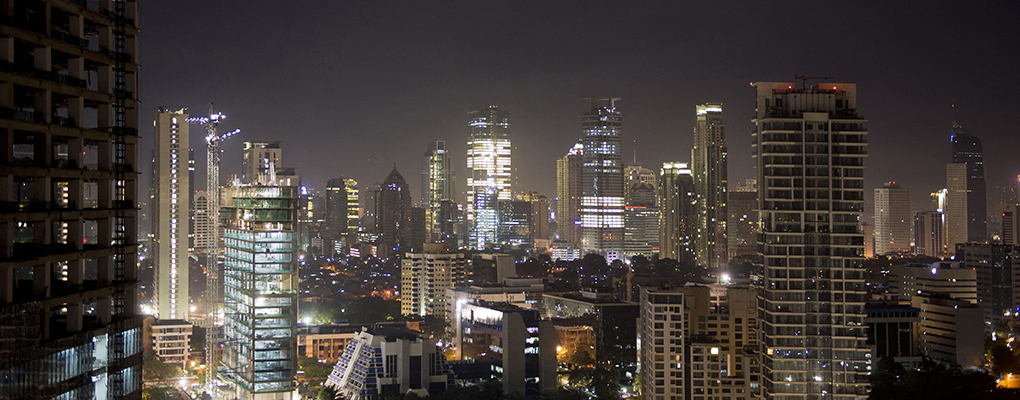
According to data released by the statistics bureau, Southeast Asia’s largest economy has seen GDP expand 5.02 percent in 2014, to $663m, compared with 5.58 percent in 2013.
This growth is the weakest expansion since the height of the financial crisis in 2009
This growth is the weakest expansion since the height of the financial crisis in 2009 when the economy grew just 4.6 percent. In the fourth quarter, the economy grew a better than forecast 5.01 percent from a year earlier, but it then contracted 2.06 percent against the third quarter.
Speaking to Channel NewsAsia, Gareth Leather, Asia economist from Capital Economics, said the figures “help to underline the challenge facing the country’s new president, Joko Widodo, who despite a promising first few months in office faces a tough challenge to reinvigorate the economy.”
The export of goods and services make up 24 percent of Indonesia’s economy and saw the lowest growth last year at one percent from 5.3 percent in 2013.
Investments, which contribute 33 percent of the economy, and household spending, which contributes 56 percent, also fell behind with growth lagging at 5.1 percent and 4.1 percent respectively.
President Widodo, in his first full year in office, won office partly on a pledge to revive the slowing economy and has pledged to cut through red tape surrounding investments as well as slashing fuel subsidies, promising to divert the money towards boosting the economy.


